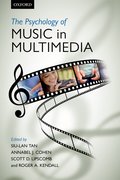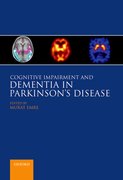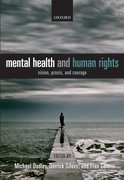Remembering Daniel Stern
By Colwyn Trevarthen
Daniel N. Stern, a New Yorker, died in November 2012 after a long illness. He was a distinguished child psychiatrist and psychoanalyst and a world-famous developmental psychologist who transformed ideas of human nature in infancy, and he made wonderful contributions to his last days.








